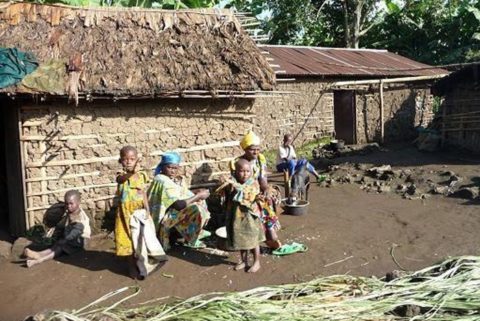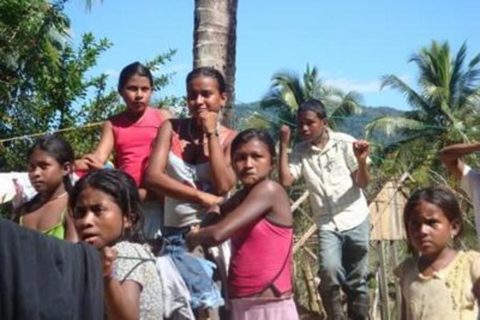Honduras 2014mac Humanitarian Project
SEATTLE — Although only eight years ago the United States cut all non-humanitarian aid going to Honduras, that has not stopped Honduras from steadily improving as aid continues to target the necessary issues. With increasing weather issues that some believe climate change has caused, humanitarian aid to Honduras has been successful in alleviating stress in those areas specifically.
Project HOPE is a leading global health and humanitarian organization. We've trained over 1 million health workers, transforming lives in over 100 countries since our founding in 1958. In Honduras, CARE’s work focuses on tackling the causes of poverty in Honduras’ poorest communities. Our current programs include health and nutrition, small business development, agroforestry, irrigation, micro-watershed protection and environmental education. OCHA coordinates the global emergency response to save lives and protect people in humanitarian crises. We advocate for effective and principled humanitarian action by all, for al. We advocate for effective and principled humanitarian action by all, for all. Except where otherwise noted, content on this site is licensed under a Creative Commons Attribution 4.0 International license.
For example, since 2014 Honduras has had one of the worst droughts since the 1990s in the “dry corridor”, an area that is home to about 1.4 million people. With plans to combat this, UNICEF received almost $600,000 in 2014 and 2015 for its Water, Sanitation and Hygiene program. In 2014 alone they delivered 1500+ water filters and improved 60 communities’ wells across this area.
In addition to the drought, coastal cities in Honduras have seen increases in flooding and shrinkage of the coastlines due to the effects of climate change. The success of humanitarian aid to Honduras is noticeable in its diverse styles, such as USAID’s CityLinks program, which recently connected officials in Somerville, MA to officials in La Ceiba, Honduras.
CityLinks partners two cities to share its best practices for adapting to climate change. As a form of two-way aid, the officials shared how their cities adapted to flooding through waste treatment plants and both learned from these separate situations.
Honduras 2014 Mac Humanitarian Projects
Another example of humanitarian aid to Honduras is the Denton program. The Denton program allows U.S. citizens and organizations to utilize space on existing U.S. military ventures and cargo planes to transport goods of any kind to countries in need. In 2014, the 612th Air Base Squadron transported over 29,000 pounds of donated humanitarian supplies. The cargo consisted of medical equipment, school supplies and clothes, and a few non-profits will donate them to various facilities across the country.

One of the most important successes in humanitarian aid to Honduras is the World Food Programme (WFP). Honduras is a severely impoverished country, especially in rural areas, where 75 percent of inhabitants live in extreme poverty. It is the third poorest country in Latin America, with one-third of the population living on $1 a day.
Honduras 2014 Mac Humanitarian Project Manager
However, the WFP has fought against that for many years. Since 1970, the WFP has been giving out meals in the country. Specifically, its school meals program, a partnership with the Honduran government, provides meals for 1.2 million children in primary school and preschool.

In making positive steps towards improving the quality of life for Honduran citizens, international groups remain hopeful that future goals will bring the country closer to sustained betterment.
Honduras 2014 Mac Humanitarian Project Proposal
– Nick McGuire
Photo: Flickr



